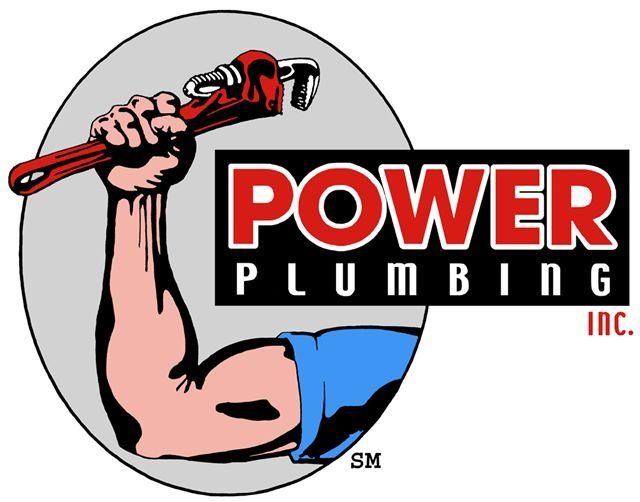The Effects of Hard Water on Your Home
Hard water is the result of excessive soluble minerals, usually lime and calcium, in the local water supply. Any amount over 61 mg/Lis considered hard water, which can lead to the problems detailed below.
Appliances
Your household appliances, including the dishwasher, air conditioner, and the ice maker in your fridge, tend to suffer the most when hard water is an issue.
Direct Effects
The direct effects of hard water on these appliances are clogged water and drain lines. As the water flows through the lines, it deposits minerals like lime and calcium, inside. These minerals build up and cause blockages that may require repair or replacement.
Peripheral Effects
Some issues don't directly affect the operation of your appliances, but they are a nuisance none the less. Aesthetic issues are the most common, especially with hard water stains on dishes or glassware.
Hot Water Heater
Hard water issues are common for hot water heaters, and they can be severe.
Direct Effects
Hard water can shorten your hot water heater's operational life or lead to more repairs. Lime scale can cover heating elements, which means that you need to replace those elements more frequently. The scale also collects on the bottom of the tank, reducing the tank's efficiency. You may need to flush the tank more frequently due to this scale buildup.
Peripheral Effects
A side effect of scale buildup is less hot water. As the scale flakes off the inside of the tank and collects in the bottom, the tank capacity is reduced. Combine this with heating elements that heat less efficiently and you end up with less hot water. Further, the hot water heater uses more energy to do less, so your bill may be higher.
Plumbing Fixtures
The water flowing through your pipes and drains every day will deposit minerals into the plumbing fixtures and lines.
Direct Effects
Much like appliances, mineral buildup in the water supply lines of your home can eventually constrict water flow so severely that only a trickle comes through. A plumber will then need to clean the lines or replace them. Hard water can also affect drain lines, which means you may suffer more clogs and backups compared to a home with softer water.
Peripheral Effects
Hard water can leave stubborn spots on fixtures, just like on dishware. It can also be more difficult to clean dull hard water spots from shower doors and tubs. If there is iron in the hard water, orange rust stains often accompany the mineral buildup. The buildup can even crust up around water taps, making them more difficult to operate.
Hygiene
Minerals in your water can affect everything from your skin and hair to your laundry.
Direct Effects
The minerals in hard water can render soaps and detergents less effective, which means they don't clean properly, and soap scum can stay on the laundry or on your hair and skin. The laundry may look dingy and soiled even after washing. As for your hair and skin, dull, flat hair and itchy, dull skin are common complaints in areas with hard water.
Peripheral Effects
Hard water can actually lead to laundry stains. Graying fabrics are the most common, but yellow stains from other minerals in the water can also occur. Further, the hard water can be tough on fabric fibers, which makes holes more common if you have excessive mineralization in your water.
Fortunately, Power Plumbing Inc. has a solution to your hard water woes. Contact us to learn how a whole house water softener can solve your hard water problems. We'll be happy to help you install the right system for your home.






